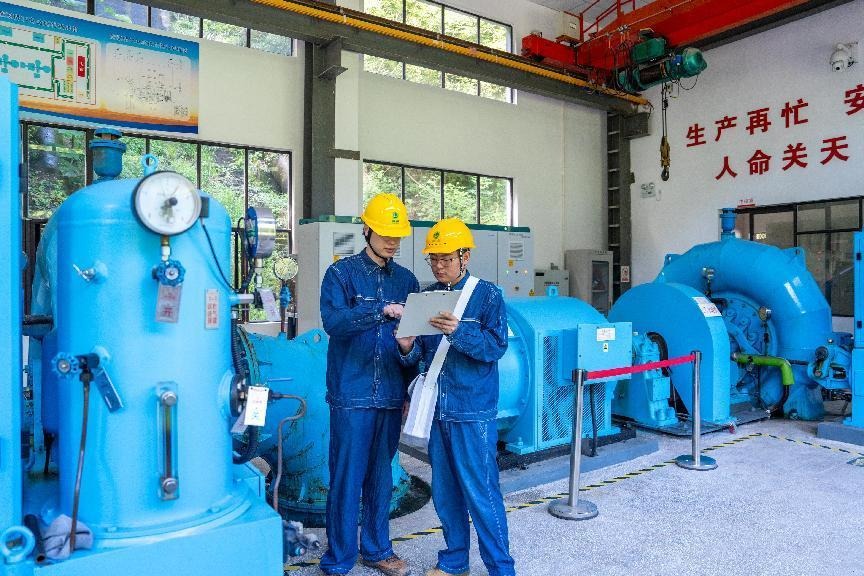Scientists' profiles


Michael V. Berry, born in England in 1941, is a professor of physics at the University of Bristol in the United Kingdom. He was knighted in 1996 and is a recipient of the 1998 Wolf Prize in Physics, the 2001 Onsager Medal and the 2015 Lorentz Medal.
Berry is best known for his discovery of the geometric phase in basic quantum mechanics. He pointed out the non-integrable phase factor of quantum states in an adiabatic and cyclic process.
The discovery of the non-integrable phase factor is a fundamental breakthrough in quantum mechanics, and is widely known as the "Berry phase". It serves as a basic concept to understand some of the most important systems in condensed matter physics, such as the topological insulator and the quantum Hall effect, which are characterized by a quantized Berry phase.

Charles L. Kane, born in the United States in 1963, is a professor of physics at the University of Pennsylvania. He was awarded the 2010 European Physics Prize for Condensed Matter Physics, the 2012 Dirac Medal, the 2012 Oliver Buckley Prize of American Physical Society, the 2015 Franklin Medal and the 2019 Breakthrough Prize in Fundamental Physics.
Kane's research has focused on the quantum condensed matter theory. He is responsible for most of the key theoretical concepts that have generated topological insulators, as well as the ensuing broader investigation into the topological features of electron structure.
His and his colleagues' proposition of a quantum spin Hall effect without external magnetic fields led to the theory of topological insulators. Due to his pioneering theoretical work, topological insulator materials and their derivatives have been proposed in theories and discovered in experiments, and they currently form an active and important sub-field in condensed matter physics.

Xue Qikun, born in China in 1963, is a professor in the physics department at Tsinghua University. He was awarded the 2016 Future Science Prize in physical science, the First Prize of the State Natural Science Award of 2018 and the 2020 Fritz London Memorial Prize for low-temperature physics.
Xue's research has centered on topological insulators, interface-induced high-temperature superconductivity, molecular beam epitaxy and surface science.
He is best known for the experimental discovery of the quantum anomalous Hall effect, the realization of which was highly challenging. It took 25 years to realize the prediction that was first proposed in F. Duncan M.Haldane's toy model in 1988. The precise quantization of the Hall conductance in the absence of an external magnetic field makes the quantum anomalous Hall effect one of the most remarkable discoveries in condensed matter physics since the discoveries of the quantum Hall effect and the fractional quantum Hall effect.
Today's Top News
- China ready to drive smart vehicle brain
- Foreign Ministry briefs on latest China-US trade talks
- Chinese and Russian navies to hold joint exercise and patrol
- Childcare subsidy applications to start in late August
- CPC leadership holds symposium to seek advice on economic work
- 20th CPC Central Committee to hold fourth plenary session in October






























